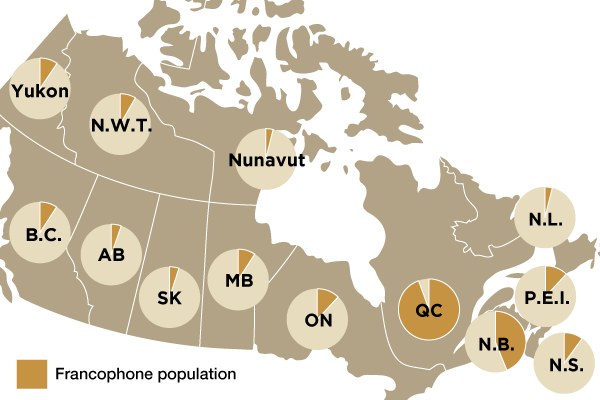
by Céline Ahodékon
When I was assigned to write something on March 21, the International Day for the Elimination of Racial Discrimination, I had no idea of what to say until today.
Out of the blue, I remembered something that happened to one of my friends, a few years ago. I’m always surprised at how some people can judge others or deny them service based on only one characteristic. Do you know that some people can identify your race or your ethnic origin just by hearing your name or the sound of your voice?
The story I am about to tell you is a true story. However, to protect the identity of the people involved, I am using fictitious names.
A few years ago, a friend of mine was looking for an apartment to rent for his family of four; let’s call him Latif. As you may have guessed, Latif is a racially-visible man.
It was a hot and beautiful summer day when a local newspaper ad caught his attention. One particular building was offering apartments of all sizes. It was in a great location, the rent was affordable and the amenities were great!
He immediately dialed the number, introduced himself and asked if he could visit one of the three-bedroom apartments listed in the paper.
The voice on the other end of the phone paused, stammered and hesitated before answering.
“I am sorry, all the apartments are rented already; there’s no need to visit,” explained the person on the other end of the call.
Latif was surprised and shocked by what he just heard. Later, he expressed his amazement to his wife, Marie; a native of the area who speaks the local language fluently.
“It’s only 1 p.m. and all these apartments listed in the newspaper are already rented?”
Marie was puzzled and suspicious. She wondered if the landlord was telling the truth or if her husband was the victim of discrimination. She called the same place from her mobile phone, only minutes later.
Marie introduced herself using her maiden name, which is a common name in the area. She asked if there were still apartments to rent.
There were plenty.
She was quickly invited to visit them.
Marie decided to visit the apartments with Latif, her racially-visible husband, and confront the landlord. While he was very apologetic (and sweating profusely!), he offered no explanation for his attitude towards Latif. At least, in the end, he was left with big dose of lessons.
Because discrimination is subjective and can be very subtle, we will never know why the building owner didn’t want to rent an apartment to Latif, but offered one to Marie. Was Latif being discriminated or was it a mistake? Would the owner of the apartments have rented to Marie if she had introduced herself under Latif’s name when she called? There are many of unanswered questions!
This incident might be an isolated case, but incidents like this happen all too often. We all have an important role and a responsibility to build workplaces and communities that are free of racism.
Brother s and sisters, March 21 is the International Day for the Elimination of Racial Discrimination. I’m inviting all of us to become Marie in the story – to denounce and take action against all forms of racial discrimination.
Let’s not be silent bystanders; our silence can be hurtful.
Let’s stand and speak up for those who can’t defend themselves.
Céline Ahodekon is the Union of National Employees’ national equity representative for racially-visible people. She is also a chief steward for Local 20278, which represents members at Fort Langley National Historic Park and the Vancouver Parks office, in British Columbia.










